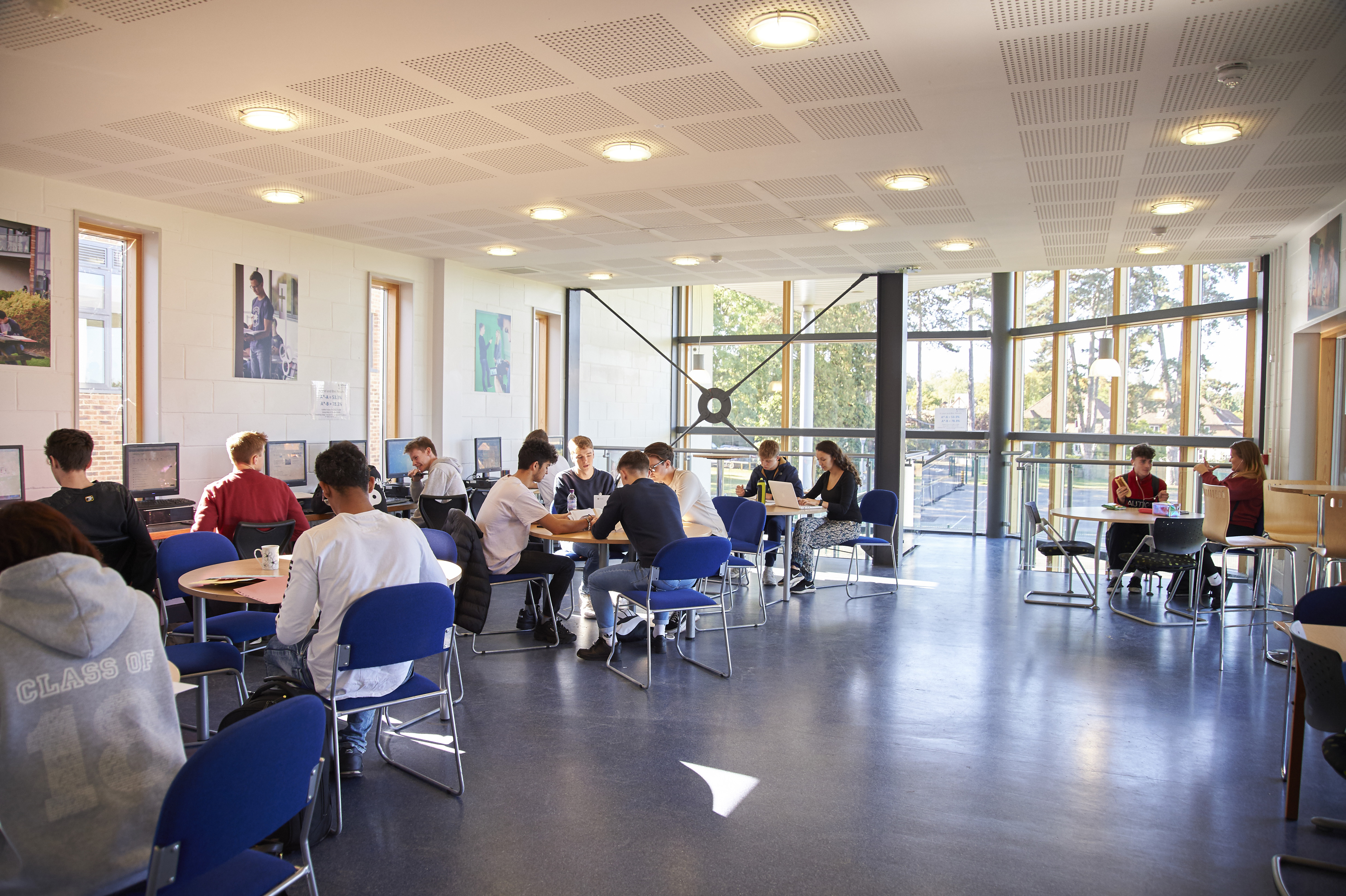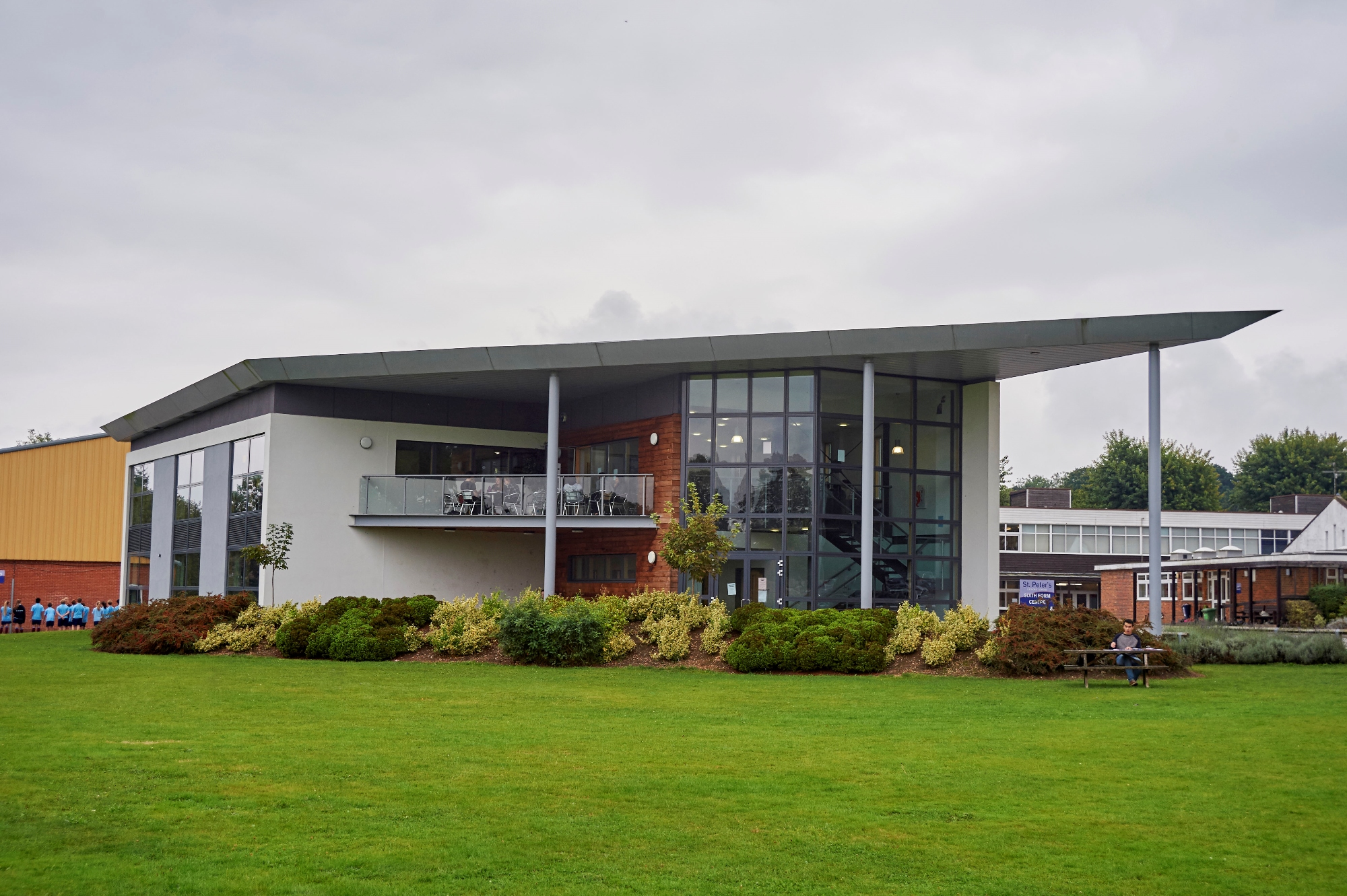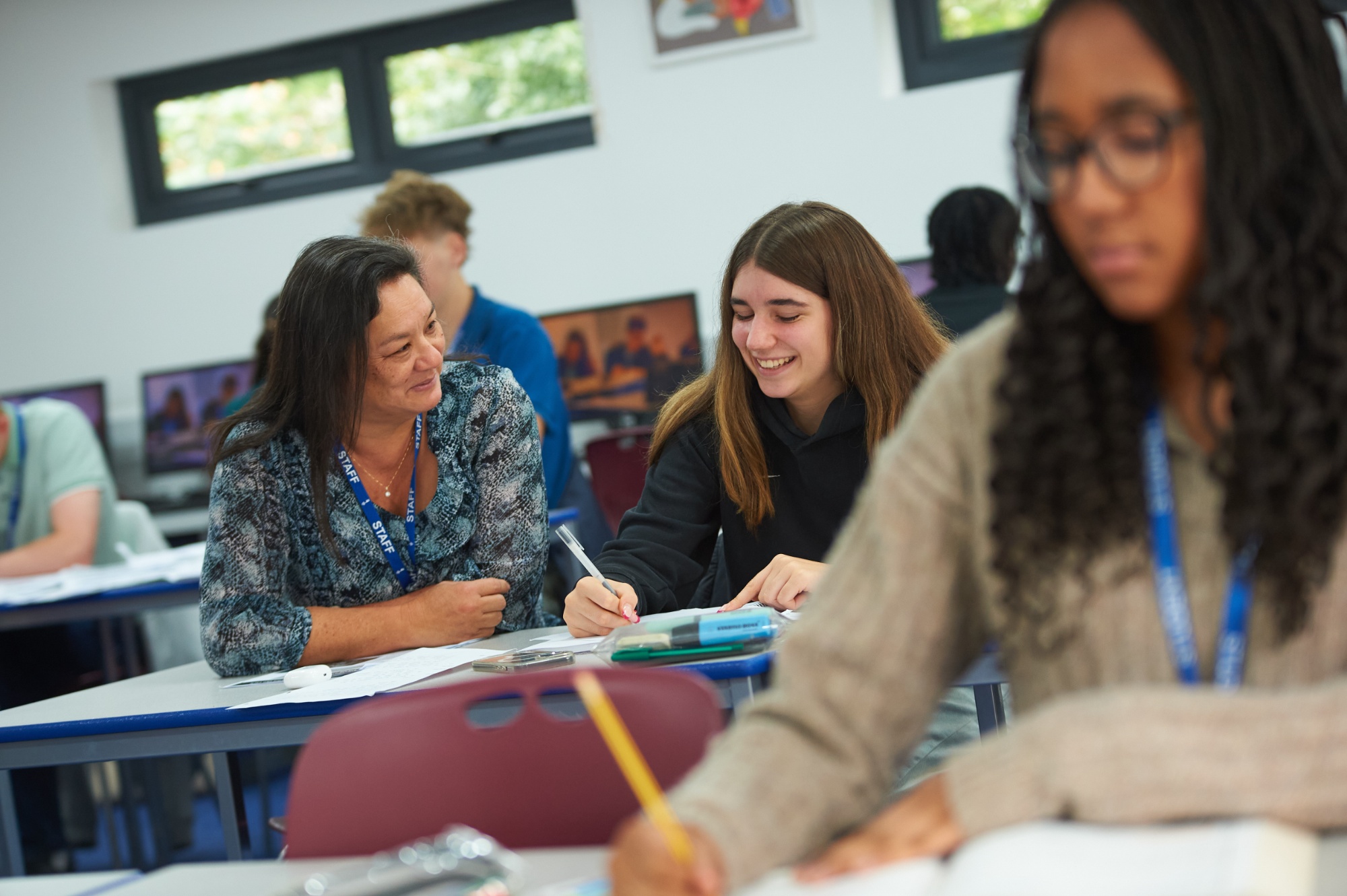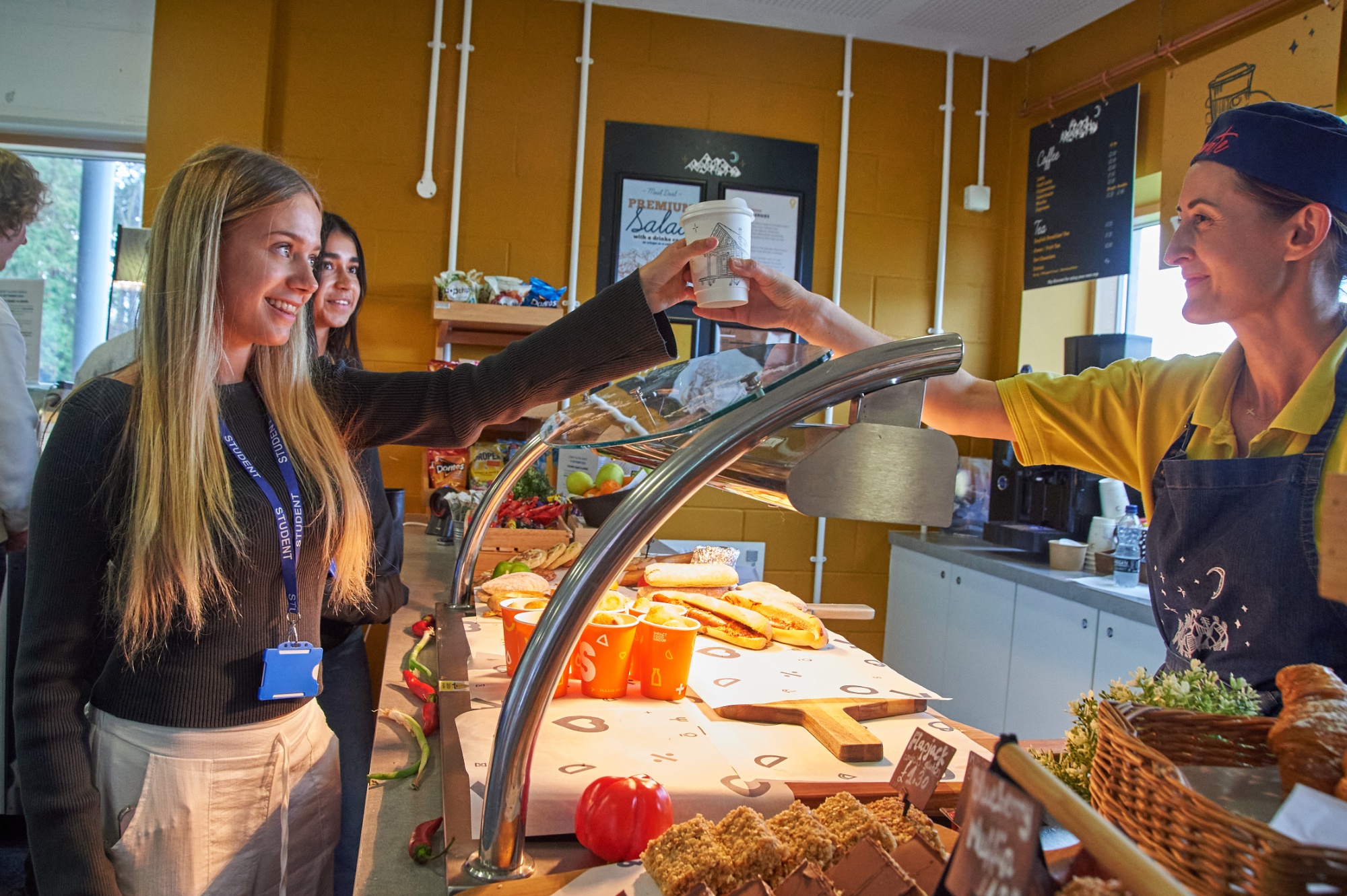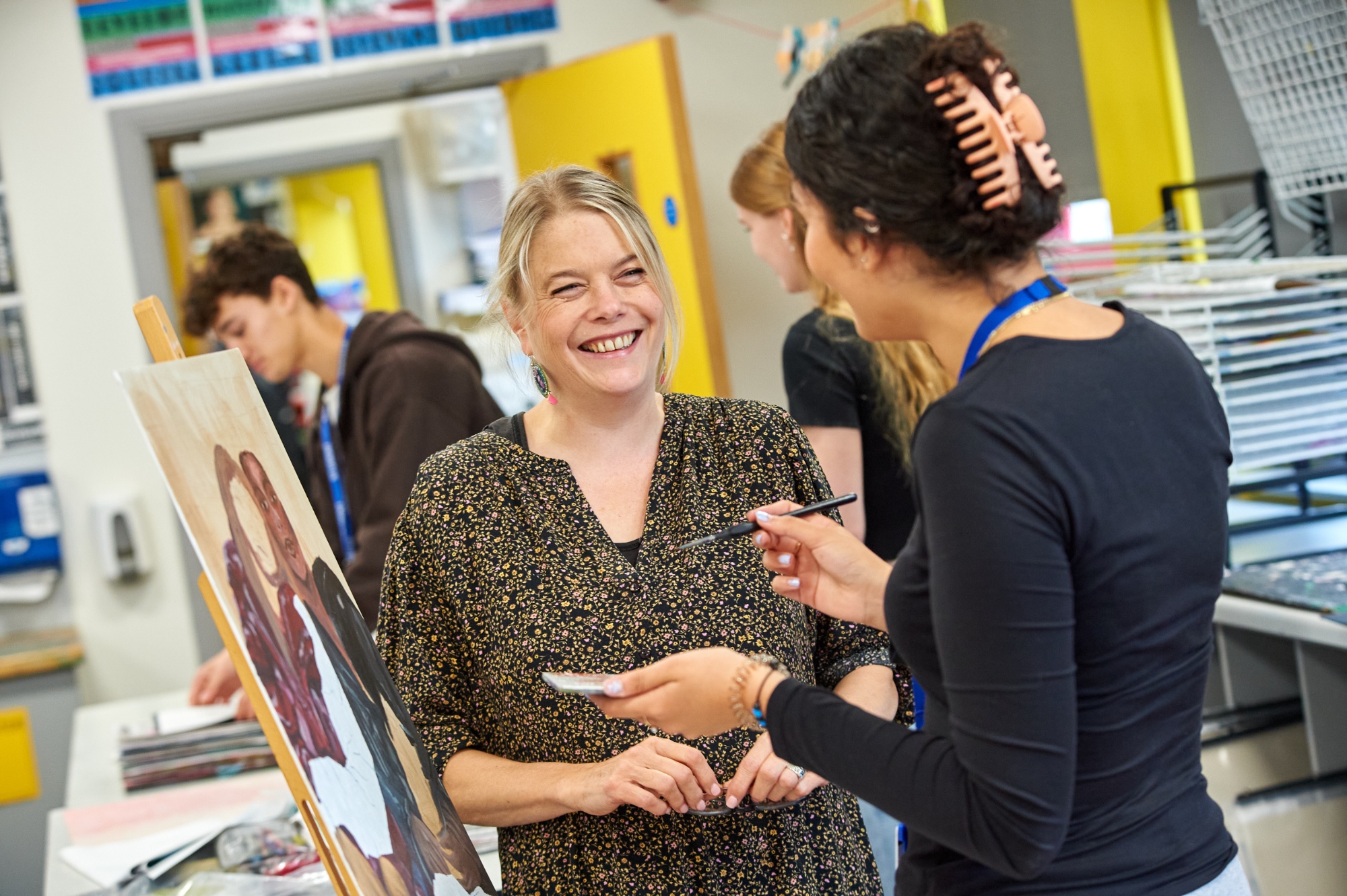Computer Science
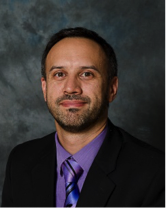
Mr P Bates
Head of Computing
THE TEAM
| Mr S Campbell | Teacher of Computing and Head of Year 11 |
| Mr S Copeland | Assistant Head of Computing |
INTRODUCTION TO THE DEPARTMENT
In the Computing Department, we aim to help students to improve their knowledge and understanding of this key subject. We have a responsibility to prepare them for a world where digital skills are in high demand, and considered by the government, employers and other leading individuals as being of strategic importance.
WHY STUDY COMPUTER SCIENCE?
The continued rapid development in computing and technology is changing the way that we live our lives in the 21st century, from both a professional and social perspective. We face a future where Internet-enabled devices will be found throughout our homes, driverless vehicles will travel down roads, and nanotechnology will combat illness and disease. It is vitally important that we have not only users of IT but those who are sufficiently skilled and knowledgeable to program computers, especially if we are to meet the technological demands of society.
A Level Computer Science will provide you with a wide range of skills and knowledge, building upon the learning at GCSE, both in terms of the theory and programming aspects. This subject would be ideal for those students considering a career in a computer-related field.
FUTURE ACADEMIC AND CAREER PATHWAYS
Computer Science is a rigorous course that will benefit students regardless of the academic or career pathway they choose. Many of the top British universities offer degrees in Computer Science and given the importance of the subject to various job sectors, there will be numerous career opportunities including software development, cybersecurity, data analysis, AI, robotics, and beyond. As technology continues to evolve, many future job roles will be shaped by the skills developed in this course.
COURSE CONTENT
Students will follow the OCR A Level Computer Science (H446) specification.
Year 12 Topics:
• Computer Systems
• Programming and Algorithms
• Exchanging Data
• Legal, Moral, Cultural and Ethical Issues
Year 13 Topics:
• Advanced Computer Systems and Exchanging Data
• Advance Programming, Data Structures and Algorithms
• Computational Methods and Software Development
ASSESSMENT
Paper 1 – Computer Systems:
Written exam, 2 hours 30 minutes, 140 marks, 40% of A Level. Covers processor architecture, software, operating systems, databases, networks, and legal/ethical issues.
Paper 2 – Algorithms and Programming:
Written exam, 2 hours 30 minutes, 140 marks, 40% of A Level. Focuses on computational thinking, algorithms, data structures, and programming paradigms.
NEA (Non-Examined Assessment):
Project-based, approximately 50 hours, 70 marks, 20% of A Level. Students design, develop, and evaluate a solution to a problem of their choice using high level programming.
EXTRACURRICULAR OPPORTUNITIES
• Learn a second programming language (e.g. Java, C#)
• Support KS3 or KS4 students with coding or mentoring
• Participate in national coding events
COURSE REQUIREMENTS
Ideally, students should have achieved grade 6 in GCSE Computer Science and Maths. Note: Students without GCSE Computer Science may still be considered if they can demonstrate strong interest and aptitude—discuss with the Head of Department and Head of Sixth Form.


